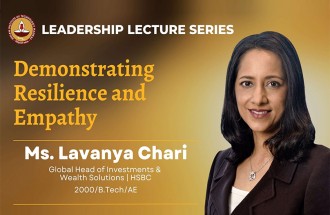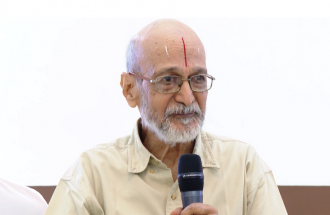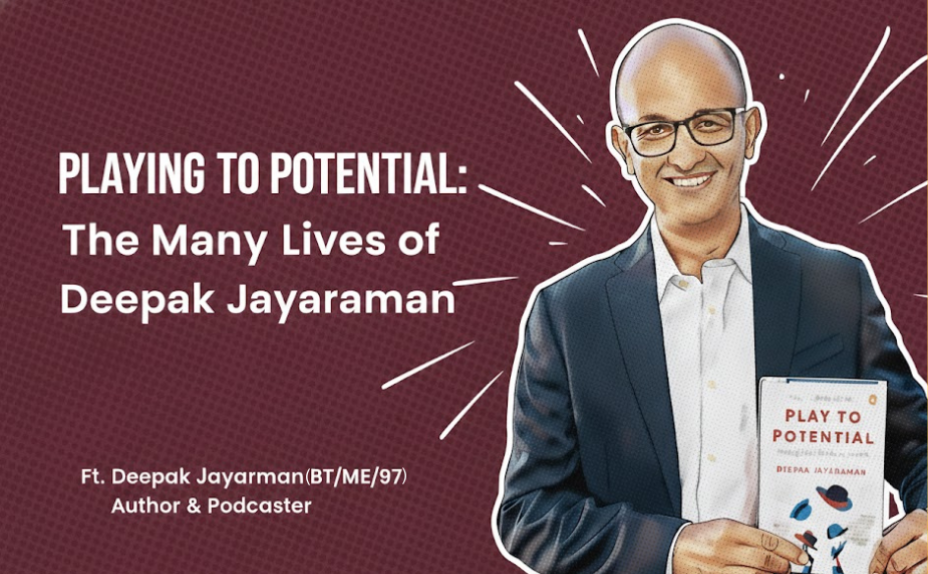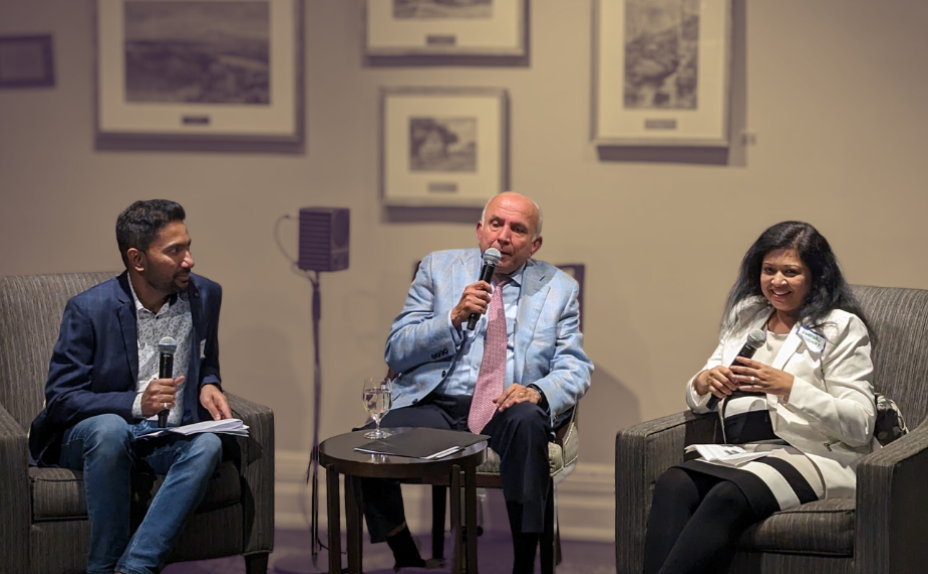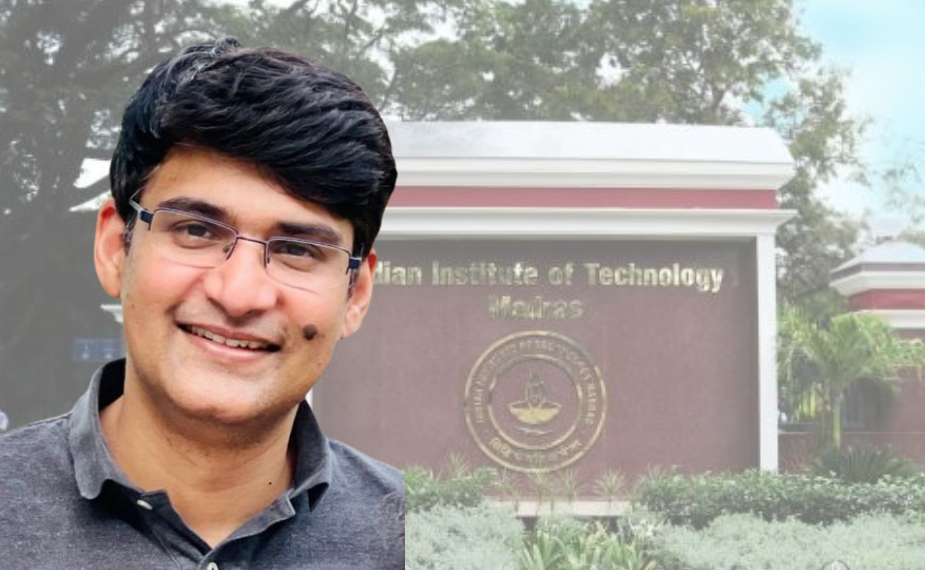
Prof. Vikram Gavini’s Quantum Odyssey
Winning the 2023 ACM Gordon Bell Prize is a prestigious achievement in the field of high-performance computing (HPC). It recognizes outstanding innovation and impactful application of HPC to solve challenging scientific and engineering problems.
Prof. Vikram Gavini and his team's ACM Gordon Bell Prize-winning project highlight the groundbreaking nature of their work in bridging the gap between the accuracy of quantum many-body calculations and the scalability of density functional theory for material simulations.
What does it mean to receive the 2023 ACM Gordon Bell Prize?
This work is a result of a concerted effort over almost ten years, involving many bright graduate students, postdoctoral scholars, research scientists, and collaborators. I am glad to see this work recognized by the Gordon Bell Prize.
A few words about your project..
A few words about your project..
This work tackles the size-accuracy barrier in ab-initio (first-principles) materials calculations. Simulations based on quantum many-body (QMB) calculations are highly accurate, but are computationally expensive and scale poorly, thus limiting these to only a few tens of electrons. Density functional theory (DFT), which is the workhorse of first-principles materials simulations, scales more favorably with accessible system sizes in the range of a few thousand electrons.
However, the accuracy of DFT is far from quantum accuracy and limits the predictive capability and utility of DFT calculations. This work developed a computational framework to bridge the accuracy of QMB calculations with the scalability of DFT calculations. In addition, the work also developed algorithms to tackle large-scale eigenvalue problems arising in DFT and numerical implementation on GPU accelerators. Combining these innovations, a path to realizing large-scale materials simulations at quantum accuracy is demonstrated. The largest simulation involved ~75,000 atoms (~620,000 electrons) and was run on 8,000 nodes of the Frontier supercomputer. It achieved a sustained performance of 660 Petaflops, which is a 10-fold improvement over the previous best for ground-state ab-initio calculations.
You can read more about the work here
What does IITM mean to you?
I am very grateful for all the opportunities IITM provided, that laid the foundation for my academic journey. I have kept in touch with my mentors from IITM over the years, whose guidance was instrumental in shaping my initial years. IITM still remains an integral part of my academic journey—I have been involved in a few collaborations with IITM faculty in recent years; I also have the good fortune of working with very bright students from IITM who came to the University of Michigan for their doctoral studies.
What are your fond memories of IITM?
I have very fond memories of my undergraduate days at IITM—lectures in CRLT; hostel activities; Saarang and Shastra; the serene campus in the middle of a bustling city; and last but not least the memorable time with my friends!
Bio:
Prof. Vikram Gavini is a Professor of Mechanical Engineering and Materials Science & Engineering at the University of Michigan, Ann Arbor. He received his B.Tech from IIT Madras in 2003 in Mechanical Engineering, M.S. from Caltech in Applied Mechanics in 2004, and Ph.D. from Caltech in Mechanical Engineering in 2007. He has been at the University of Michigan since 2007. Prof. Gavini’s research interests are in developing methods for large-scale ab-initio calculations of materials properties, multi-scale modeling, numerical methods and analysis, and scientific computing. His work has been recognized through many awards, including the NSF Career Award in 2011, the AFOSR Young Investigator Award in 2013, the Alexander von Humboldt Fellowship for Experienced Researchers (2012-14), and the 2015 USACM Gallagher Award. He led the team that won the 2023 ACM Gordon Bell prize and was a finalist for the 2019 ACM Gordon Bell prize.


